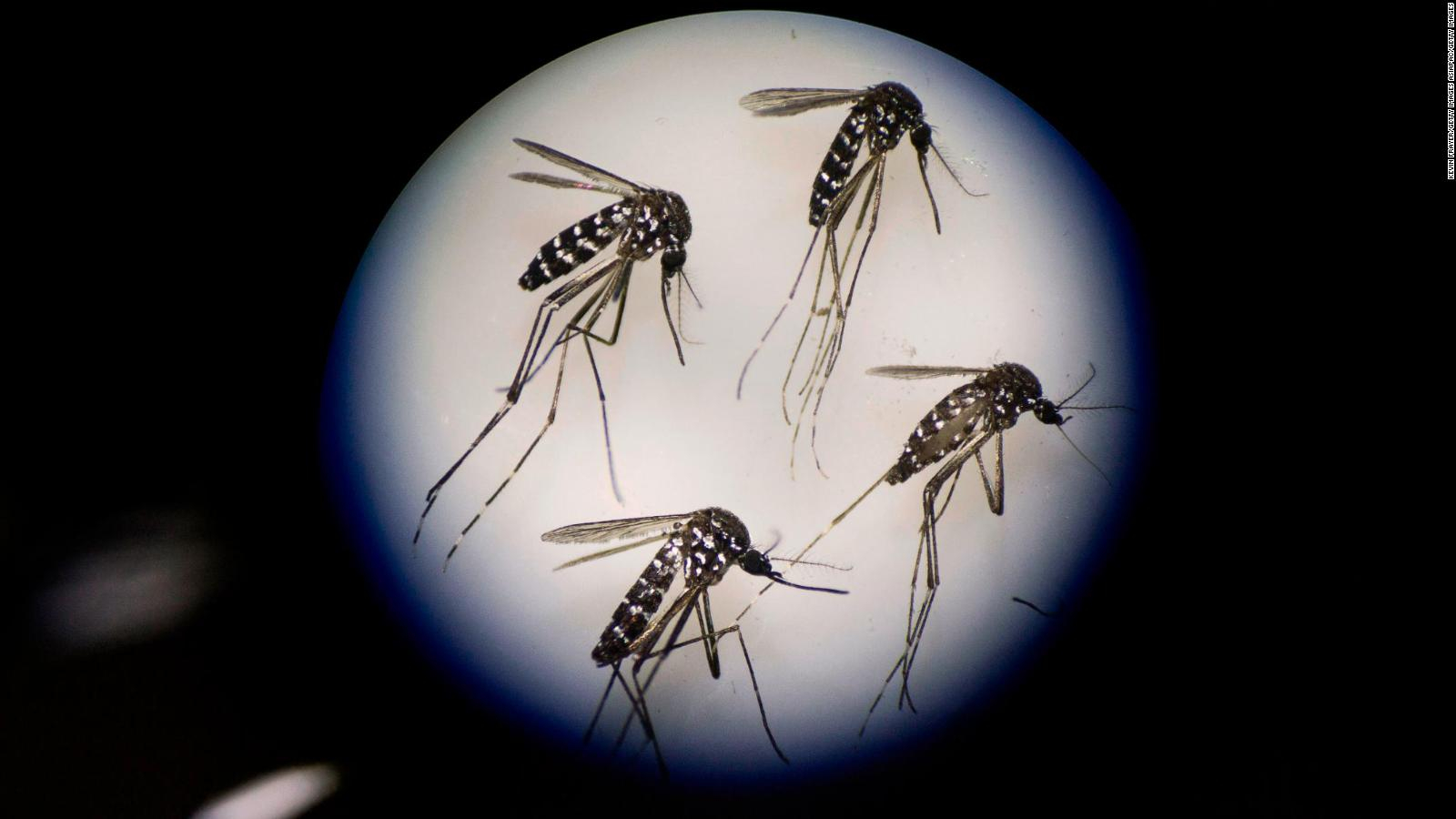Researchers from Argentina’s National Scientific and Technical Research Council (Conicet) have found populations of mosquitoes resistant to insecticides in the Buenos Aires metropolitan area and the country’s northwest regions.
This discovery comes during a dengue outbreak with 129,150 cases and 65 deaths between July 2022 and July 2023.
The study revealed three genetic types of Aedes aegypti mosquito responsible for transmitting the dengue virus: one sensitive to insecticides, one with low resistance (R1), and another with high resistance (R2).

In Buenos Aires, populations of R1 were found, outnumbering sensitive mosquitoes in many areas, while the northwest showed groups of highly resistant R2.
Increased use of insecticides has led to a selection of resistant genotypes, gradually leaving only individuals with this genetic advantage.
The situation in Argentina is seen as correlated with neighboring Brazil, where highly resistant insect populations are extensively studied.
One of the researchers emphasized that dengue is a regional issue and that it is essential to keep an eye on neighboring countries.
Once resistances like those found are identified, the possibility of alternating chemical insecticides with biological methods and traps should be considered.
Fumigation is not always a solution, especially when performed out of the mosquitoes’ peak activity periods, as it can promote genetic resistance to chemicals.
The only authorized insecticides in Argentina are pyrethroids, known for their low toxicity to humans.
The increasing number of mosquitoes evading their effects has raised concerns among specialists.

